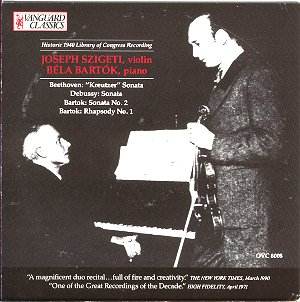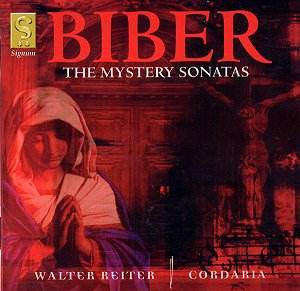Composer: Various
Works: Dibdin: Tom Bowling; Braham: The Death of Nelson; Balfe: Come into the Garden Maud; Claribel: You and I; Sullivan: The Lost Chord; Clay: I’ll Sing Thee Songs of Araby; Barnby: The Beggar Maid; Adams: The Holy City; H F Leslie: Annabelle Lee; Henry Lamb: The Volunteer Organist; Dolores: The Brook; L Lehmann: Ah! Moon of My Delight; Florence Aylward: Song of the Bow; A Woodforde-Finden: Kashmiri Song; Charles Willeby: Crossing the Bar; Maud V White: Absent Yet Present; Sanderson: Until; May Brahe: Bless This House; Alma Androzzo: If I Can Help Somebody
Performers: Gordon Pullin (tenor), Roger Fisher (piano)
Recording: Not specified
Label: Not specified
The latest volume in the ongoing exploration of the English tenor repertoire, “The Parlour Song,” offers a rich tapestry of Victorian and Edwardian ballads that showcases both familiar favorites and lesser-known gems. This collection, spanning a historical arc from the late 18th century through the tumultuous changes of the early 20th century, reveals the deep emotional undercurrents of a genre often dismissed as mere entertainment. The parlour song, particularly during its heyday, served as a vital cultural artifact, a means of expression for both performers and audiences alike.
Gordon Pullin’s tenor work, partnered by pianist Roger Fisher, delivers a commendable performance that avoids the pitfalls of overstatement. The clarity of Pullin’s diction is particularly noteworthy; each lyric resonates with an authenticity that invites the listener into the intimate world of the parlour. The choice of repertoire—spanning from Dibdin’s “Tom Bowling” to Aylward’s stirring “Song of the Bow”—demonstrates a thoughtful curation, allowing the emotional weight of each piece to unfold organically. Notably, Pullin’s interpretation of Braham’s “The Death of Nelson” stands out, where he balances pathos with restraint, imparting a poignant narrative without succumbing to melodrama.
The technical aspects of the performance are meticulously executed. Fisher’s piano accompaniment is both supportive and evocative, creating a soundscape that enhances the vocal lines without overshadowing them. The delicate interplay between voice and piano in Liza Lehmann’s “Ah! Moon of My Delight” exemplifies this partnership beautifully, where the subtleties of dynamics and phrasing are explored with a keen sensitivity. The recording quality is equally praiseworthy; the engineering captures the warmth of Pullin’s voice and the clarity of Fisher’s playing, ensuring that every nuance is preserved.
Historically, the works included in this volume reflect a societal shift towards a more personal, introspective form of music-making. The thematic concerns of love, loss, and longing resonate throughout, particularly in pieces like “Annabelle Lee” and “Crossing the Bar,” which draw on poetic traditions that elevate them beyond the realm of mere parlour entertainment into the domain of art song. In this context, the performances not only revive these songs but also breathe new life into them, presenting them as worthy of contemporary appreciation.
This volume of “The English Tenor Repertoire” serves as both a celebration of a bygone era and a reminder of the enduring power of song. The thoughtful selection, combined with Pullin and Fisher’s artistic integrity, results in an engaging listening experience that transcends the boundaries of time and genre. The collection will undoubtedly appeal to both aficionados of the genre and those approaching it for the first time, offering a gateway into the rich musical heritage of the English parlour song tradition.



